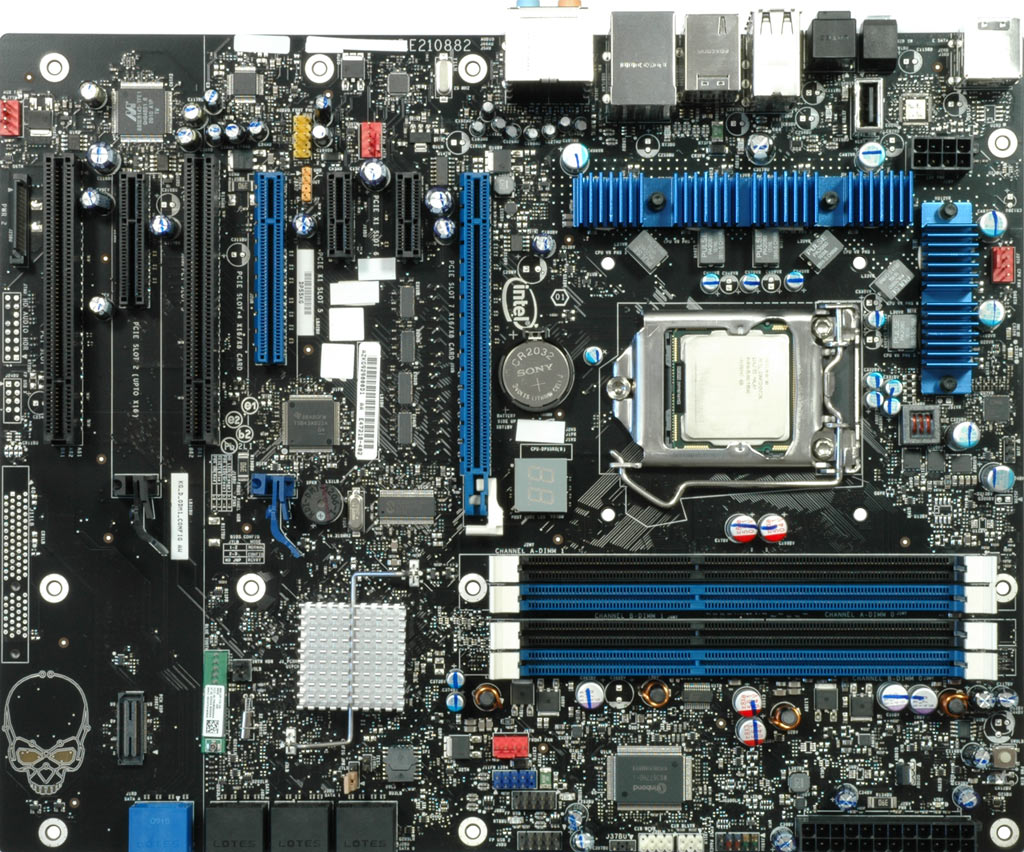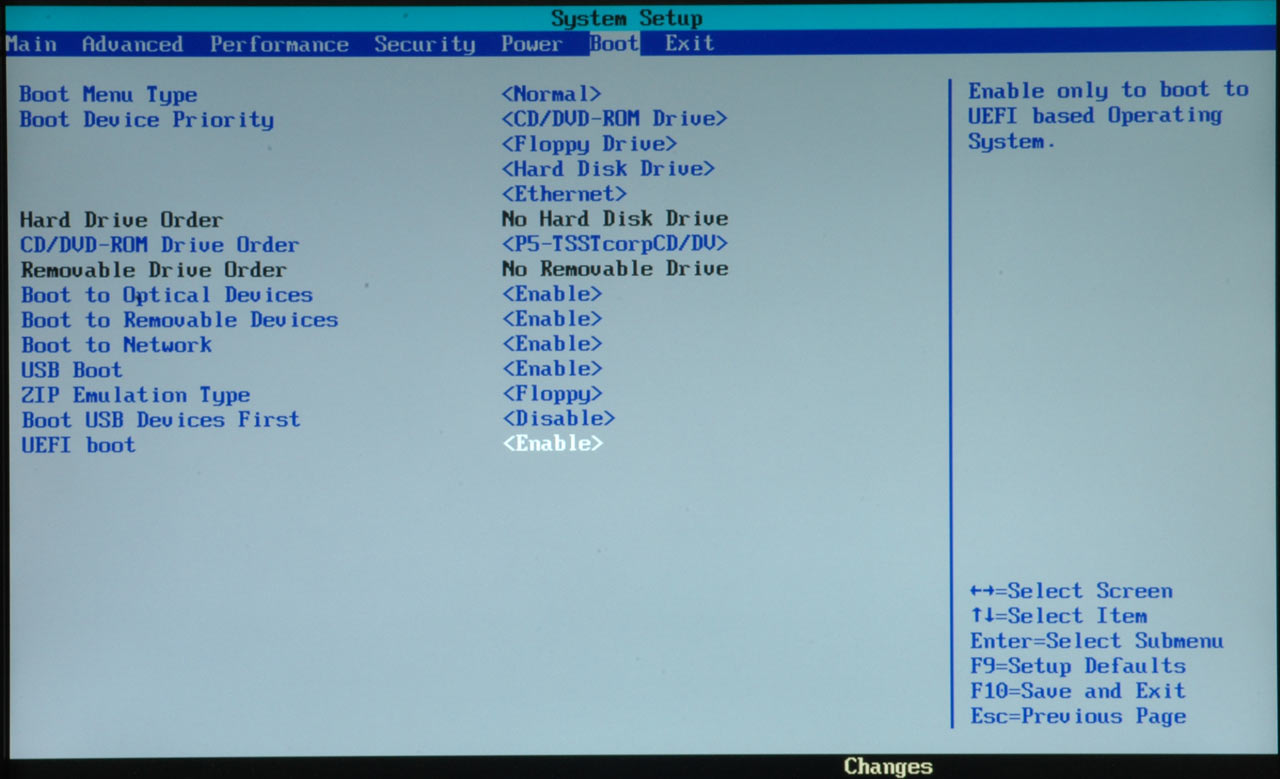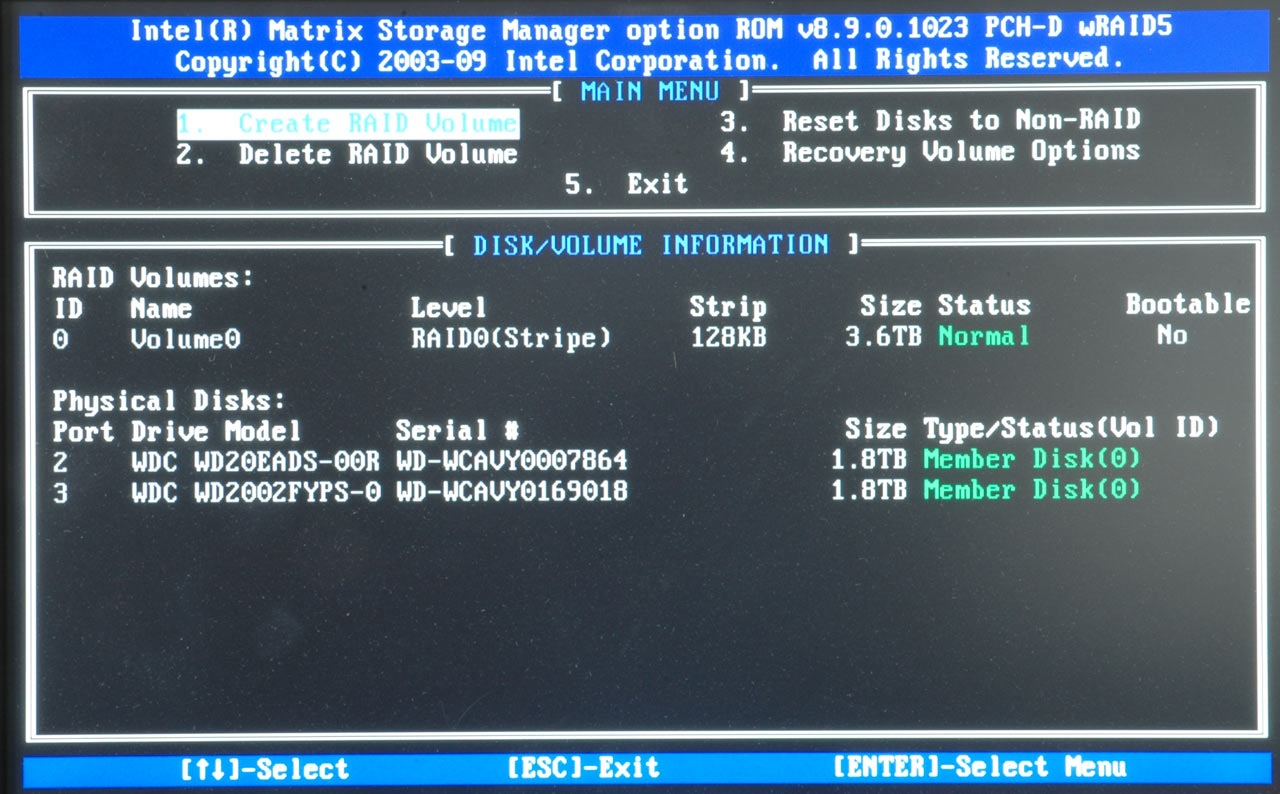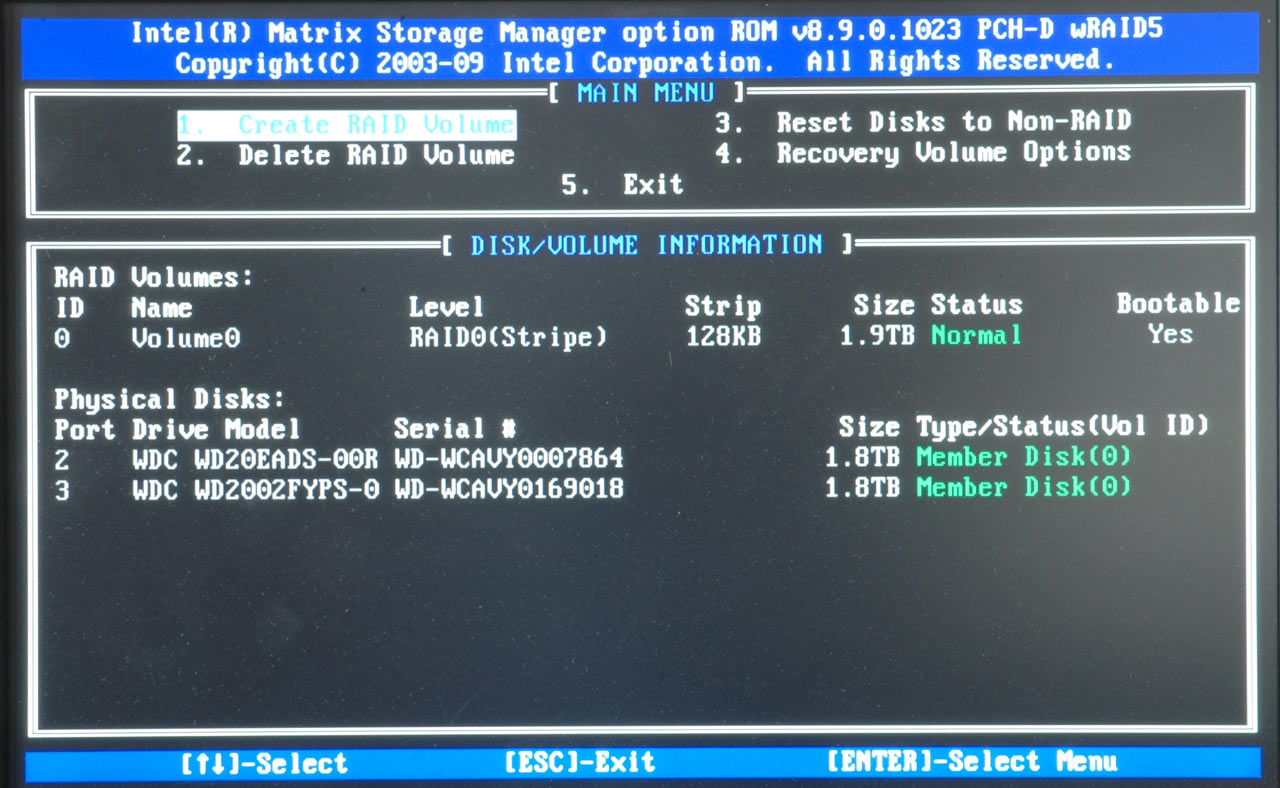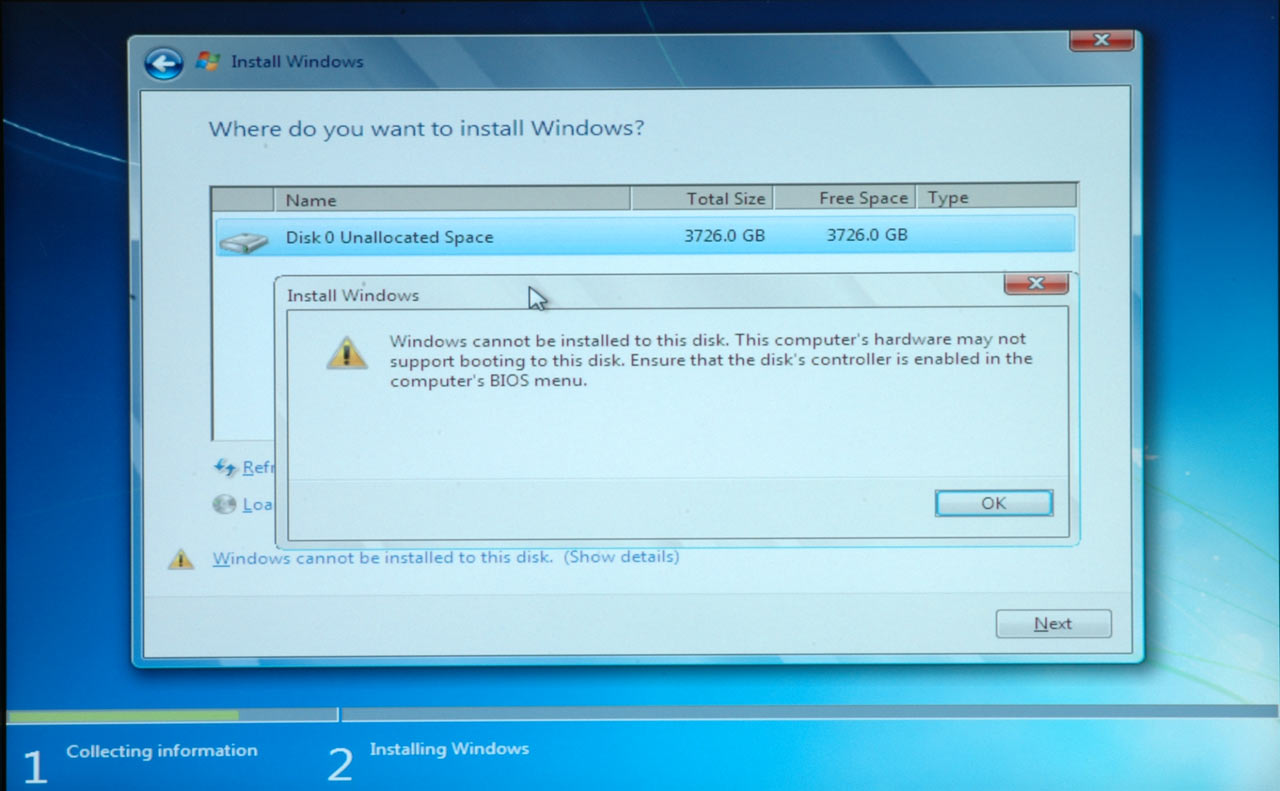Say Goodbye To Your BIOS: Hello, UEFI!
Test Motherboard: Intel DP55KG (With RAID Limitations)
We chose an Intel desktop motherboard to look at the storage capabilities of the existing UEFI implementation. The DP55KG was the product Intel provided to the media when it launched its P55 platform, LGA 1156 interface, and the Core i5/i7 processors. It’s a modern solution that takes advantage of all P55 chipset features (and it did well in our recent roundup of $200-$250 motherboards). Intel didn’t spend much effort on the possible visual enhancement to the system configuration menus through UEFI, and left the familiar menu style unchanged. We're OK with this, though, since the platform fully implements UEFI 2.1. Other vendors, such as Asus and MSI, seem to have focused on visual details more than useful features. The board comes with a 16Mb flash EEPROM with support for ACPI 3.0b and the “Platform Innovation Framework for EFI Plug & Play.”
If you connect four hard drives to the ICH10R SATA/300 ports to create a large RAID array, you will run into issues. Although it’s easy to create a large array (we used two 2TB hard drives), you cannot boot from them if you use Intel’s Matrix RAID solution. This isn’t critical today, but larger hard drives are on the way and will create these issues soon. Therefore we decided to use an external storage box from LaCie for our testing. This offers 3TB capacity in RAID 5 mode via one eSATA connection.
UEFI Settings
We switched on the UEFI boot feature in the system setup menu of Intel’s DP55KG.
On-Board RAID: No Support for Bootable Partitions at > 2 TB
Putting several large hard drives into RAID 0 to create a large RAID array will render it useless if you intend to install your OS on that array. Two terabytes is the limit introduced by Intel’s Matrix Storage Manager.
Reducing the size of the array results in it becoming bootable.
Get Tom's Hardware's best news and in-depth reviews, straight to your inbox.
Using Intel’s on-board RAID solution does not allow you to create a large partition that could function as a system drive. We needed to switch to a dedicated 2TB+ drive for our testing.
Current page: Test Motherboard: Intel DP55KG (With RAID Limitations)
Prev Page Industry Support? Fail. Next Page Test Drive: LaCie 4big Quadra (4TB Gross Capacity)